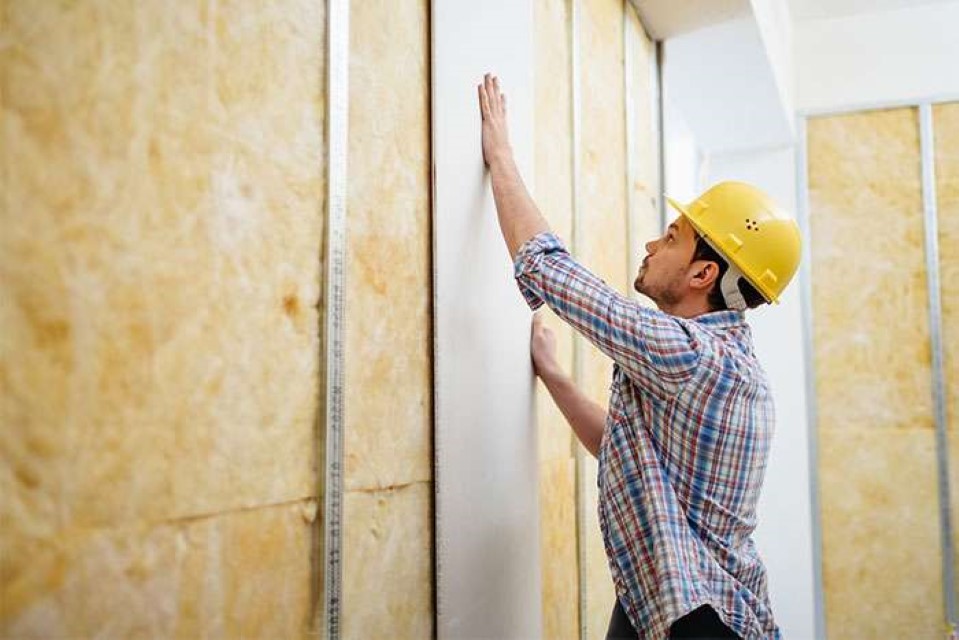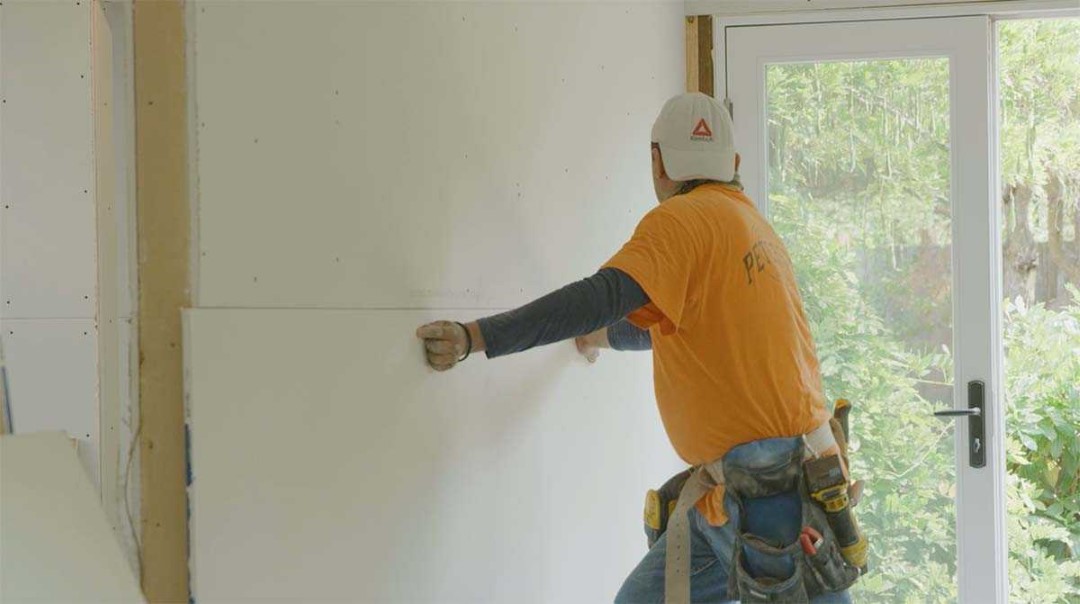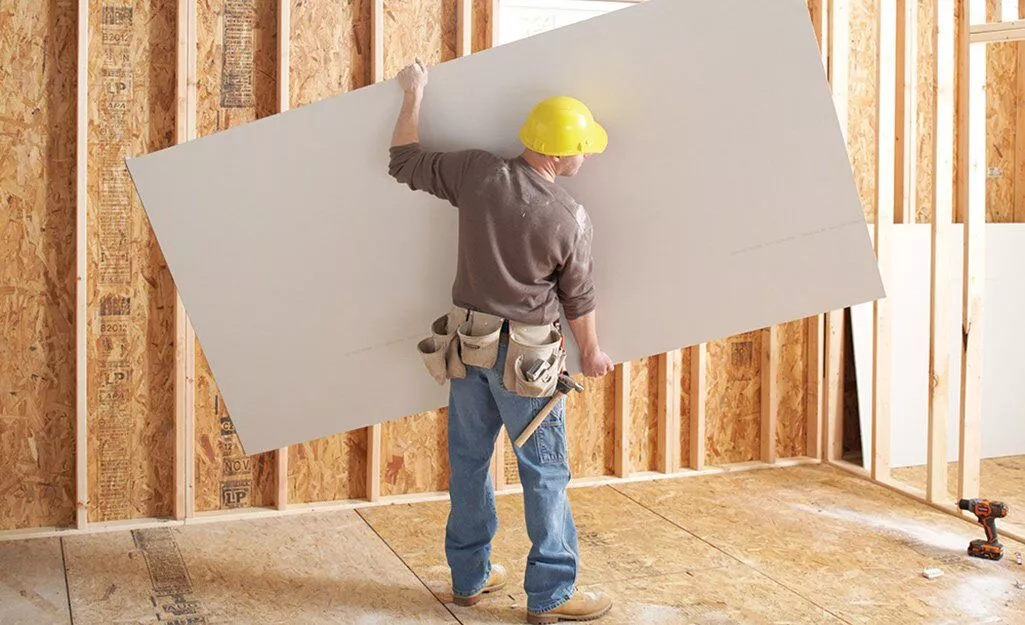Starting a drywall business can be a great opportunity for those with construction experience who want to branch out on their own. Drywall installation and finishing are always in demand, especially with new homes and renovations. With some planning, the right tools, and a focus on quality workmanship, you can build a successful drywall company.
Develop a Business Plan
Like any new business venture, you need to start with a business plan. This will help you think through important factors like startup costs, target markets, licensing and legal considerations, equipment needs, pricing and more. Outline your business goals and how you plan to achieve them.
Research competitors to see what services they offer and what they charge. Look for gaps you can fill or ways to set yourself apart, such as specializing in textured ceilings or acoustic drywall installation.
Obtain Proper Licensing and Insurance
Most states and local municipalities require licenses for drywall contractors. Be sure to research the specific requirements for your area and obtain the proper licenses.
You’ll also need certain business insurance policies like general liability insurance, workers’ compensation if you plan to hire employees and commercial auto insurance for company vehicles. Investing in the right insurance protects you from risk and makes your business look more legitimate to potential customers.

Invest in the Right Drywall Tools and Equipment
While you don’t need a huge investment in equipment to get started, there are some essential drywall tools you’ll need:
– Drywall screwdriver
– Drywall hammer or hatchet
– Utility knife and extra blades
– Taping knives in various sizes
– Hand sander
– Drywall saw
– Taping tools like bazooka, boxes and applicators
– Stepladder and scaffolding
– Drywall lift for ceilings
– Power tools like screw gun, router, and vacuum
For delivering and storing materials, you may want to invest in a truck, trailer or van. Equipment represents a significant startup cost, so look for good used tools and buy only what you need to start.
Learn Drywall Installation and Finishing Techniques
Practice your drywall techniques to ensure you can deliver quality finishing services. Learn how to properly hang drywall on walls and ceilings, tape and finish seams, apply textures, and use tools like bazookas efficiently.
Consider taking drywall instructional courses to expand your skills. Learn techniques for drywall repairs so you can fix water or fire damage. The more versatile your skill set, the more drywall jobs you can take on.
Set Competitive Pricing
Research rates for other drywall contractors in your area and use that to set competitive pricing. Factors like job size, complexity, materials, and your skill level should be considered. You may charge hourly or set project estimates.
Offer warranties on your work and stand behind your services to give customers confidence. Avoid pricing yourself too low when starting out just to get jobs—this can actually make you look less qualified.

Market Your Drywall Business
Promote your services through social media, print ads, flyers, and your website. Ask past employers, friends, and family to spread the word. Network with local builders, painters, electricians—anyone who frequently works with drywall needs.
Focus on developing a solid referral network and doing great work so your business grows through word-of-mouth. Be responsive in following up on leads quickly.
Focus on Great Service
Building a reputation for quality workmanship and customer service will be your best marketing asset. Pay attention to details, meet timelines, communicate clearly, and go the extra mile to satisfy customers.
Listen to feedback and continuously improve your skills. Be professional in dress and manner. The more you can stand out through great service, the more your drywall business will grow.
With proper planning and preparation, you can be on your way to running a successful drywall company. Find your niche, deliver skilled workmanship, and provide great service to keep customers coming back.

